 On our nation’s birthday I want to wish everyone a Happy 4th of July, but I don’t feel happy. I am deeply troubled about our future.
On our nation’s birthday I want to wish everyone a Happy 4th of July, but I don’t feel happy. I am deeply troubled about our future.
This is the first 4th of July since I moved to Europe 4 decades ago that I am not in my homeland celebrating the American holiday with family. Due to the present situation, I am not welcome there nor is my French husband or anyone else from Europe. No planes from abroad are allowed to land on American soil due to the Covid epidemic, but the great irony is that European leaders have done a much better job of handling the crisis than. Trump. The pandemic is under control here especially where we live in Switzerland.
The US has the most coronavirus cases and deaths in the world.
Americans are not allowed in Europe either, which is sad for European business.
“In 2019 around 18 billion Americans came to Europe spending 70 billion Euros (about 78 $billion dollars), “says Tom Jenkins CEO of the European Tourism Association.““
Europe’s borders have reopened to Europeans and 14 other countries – no one knows for how long— but they won’t be open to Americans anytime soon. Long haul flights and exchanges between Europeans and Americans look even more doubtful.
The financial fall out from lack of international trade between Europe and the US is massive; the emotional toll on families even greater.

I don’t know when I will see my children in the States again. My British daughter- in- law does not know when her family will be allowed to visit. My niece’s Chinese boyfriend has no idea when he will see his parents. And my eldest niece, who will be a new mother in two months, wonders what kind of a world awaits her baby.
Like most Americans living abroad, I am ashamed of our country’s leadership. I am alarmed by our President’s incompetence, his total lack of diplomacy, compassion and integrity.
I am worried for my daughter and niece who work in the medical health field in the States at a time when people show lack of respect for human life, refusing to do something as simple and innocuous as wearing a mask.
I am troubled by social unrest created from years of blatant inequality and lack of tolerance
I am horrified by the anti woman, anti gay, anti black, anti European rhetoric that fuels hatred and gives free license to bigotry.
Families may not be as international as mine, but so many of us can trace our ancestry to other parts of the world and so much of our nation was built on the backs of immigrants and slaves. To ignore the role of the African Americans, Asians and Europeans in the making of our country is a travesty, to sever the ties to our motherlands is a crime.
But I hope there are still pockets of America where the old values I grew up with still remain. Places like Summit Lake where time stands still, where hope runs eternal ,where nature heals our broken hearts. A place where the 4th of July is a celebration of a forgotten way of life of what is good about Americans, their childlike optimism and joie de vivre.

A place remarkable in its simplicity. Every 4th of July people dressed in costumes ride in decorated pontoon boats that circle the lake waving flags and throwing out candy and icees to people sitting on their docks. Later in the evening fire works explode from the public beach across the lake rivals any big city display. On the dock, wrapped in blankets, we swat mosquitoes while admiring the burst of sparkly colors illuminating the black waters and believe in childhood dreams again.

This year though I am sad for my country, I am thinking of happier 4th of July memories. Still my heart aches for family, for the lake and for a simpler time when we weren’t isolated and separated by a pandemic.
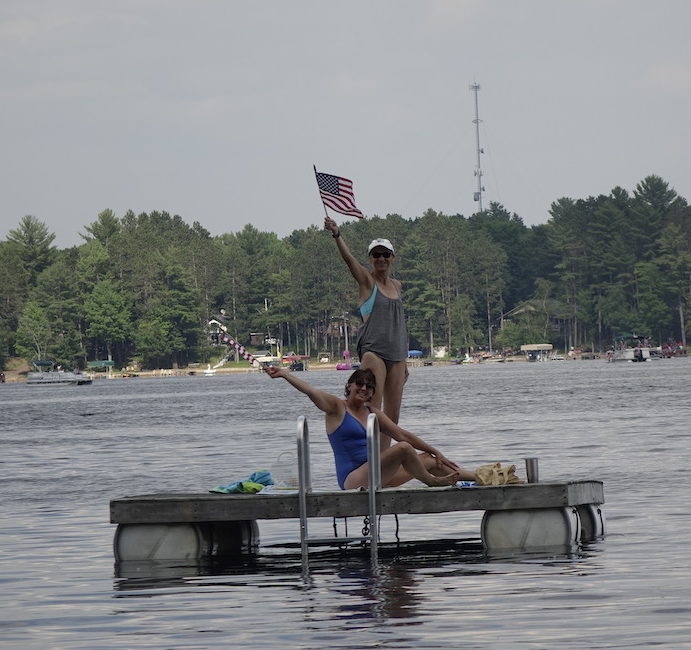
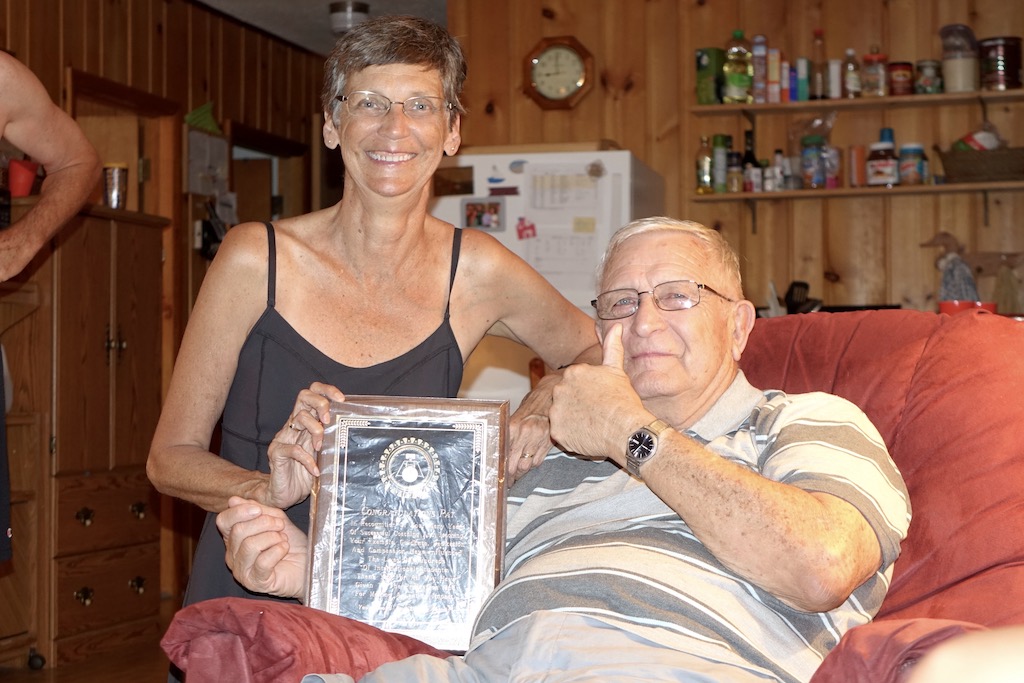
 So many of our fathers have passed on, but the lessons they taught remain ingrained. I have been blessed to be surrounded by good men from my husband who has been a wonderful father to our 2 children, to
So many of our fathers have passed on, but the lessons they taught remain ingrained. I have been blessed to be surrounded by good men from my husband who has been a wonderful father to our 2 children, to  my big brother, Doug, to my brothers- in- law, Cliff and Dick, to the first man I ever loved, my dad. Papa Mac was a father figure to so many students and athletes who traversed the halls of Sterling high School.He was hard working, loyal, a strong leader and a role model in his community.
my big brother, Doug, to my brothers- in- law, Cliff and Dick, to the first man I ever loved, my dad. Papa Mac was a father figure to so many students and athletes who traversed the halls of Sterling high School.He was hard working, loyal, a strong leader and a role model in his community. But weightless in water, I became pain free.
But weightless in water, I became pain free.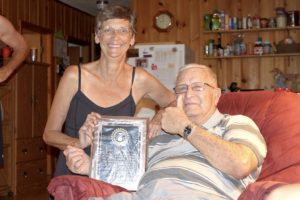
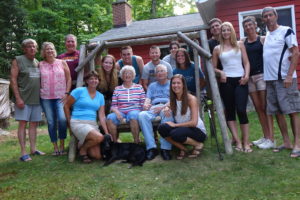
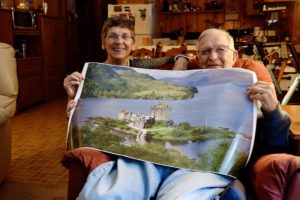


 After enduring winter’s fog obscuring our mountains, I rejoiced to see the sun rise over the Alps and Lake Geneva. Though daffodils dance with the promise of spring, people remain oppressed.
After enduring winter’s fog obscuring our mountains, I rejoiced to see the sun rise over the Alps and Lake Geneva. Though daffodils dance with the promise of spring, people remain oppressed.

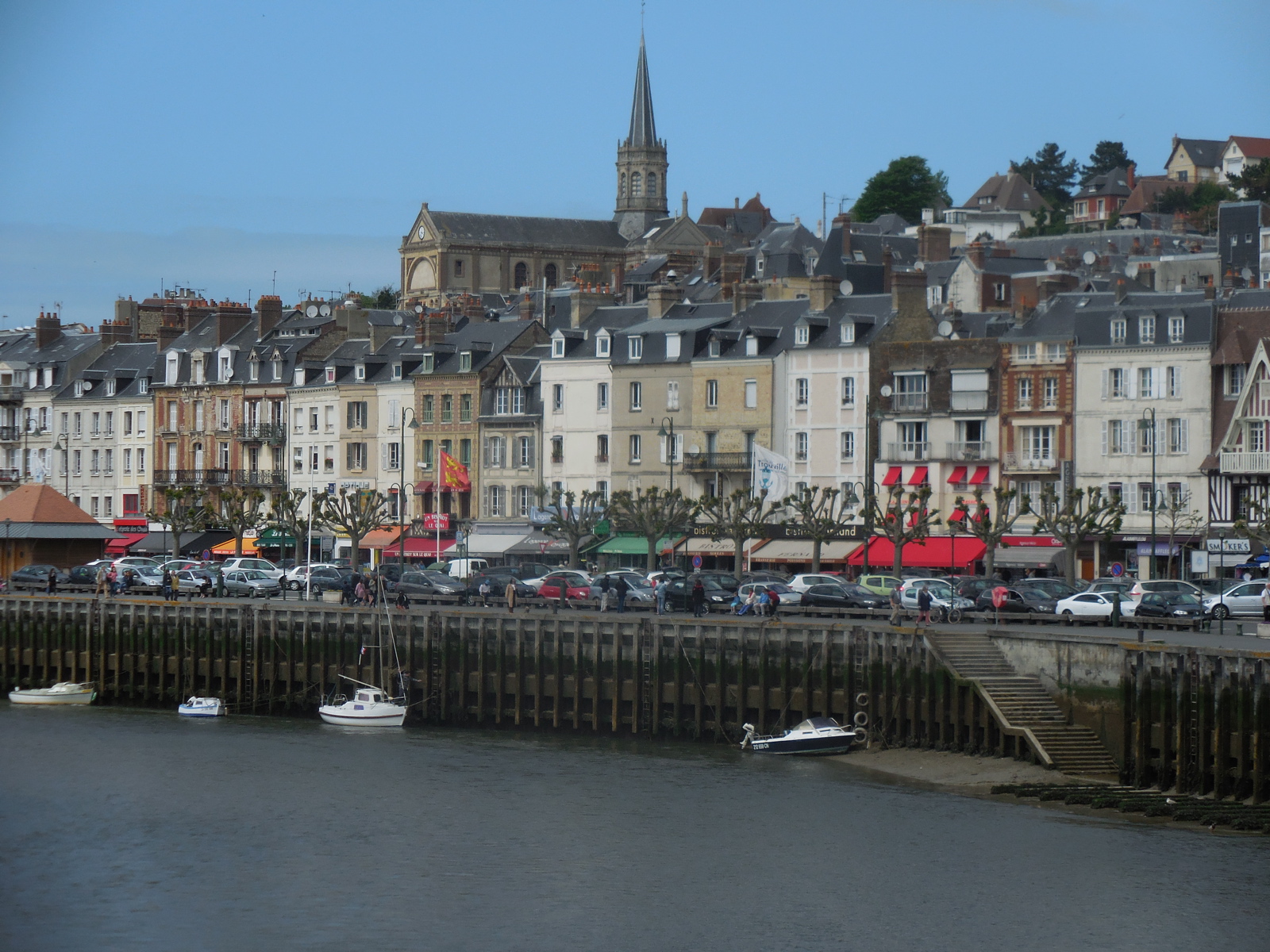
 Mamie’s house overlooks the quay of Trouville, France, a fishing village where inhabitants exist in rhythm with the tides and the ebb and flow of tourists flooding her Normandy beach.
Mamie’s house overlooks the quay of Trouville, France, a fishing village where inhabitants exist in rhythm with the tides and the ebb and flow of tourists flooding her Normandy beach.
 The windows on one side of the apartment face the colorful, lively, bright main street alongside the Touques River; the other side’s windows look onto the darker Rue des Ecores.
The windows on one side of the apartment face the colorful, lively, bright main street alongside the Touques River; the other side’s windows look onto the darker Rue des Ecores.
 Every nook and cranny remained filled with mementos triggering happy memories from Mamie’s giant dinner bell, to her French cartoon collection, to her lumpy, duvet covered beds. Artwork and photographs, showing the chronology of marriages, birthdays, baptisms, and graduations, covers every inch of wall space.
Every nook and cranny remained filled with mementos triggering happy memories from Mamie’s giant dinner bell, to her French cartoon collection, to her lumpy, duvet covered beds. Artwork and photographs, showing the chronology of marriages, birthdays, baptisms, and graduations, covers every inch of wall space.
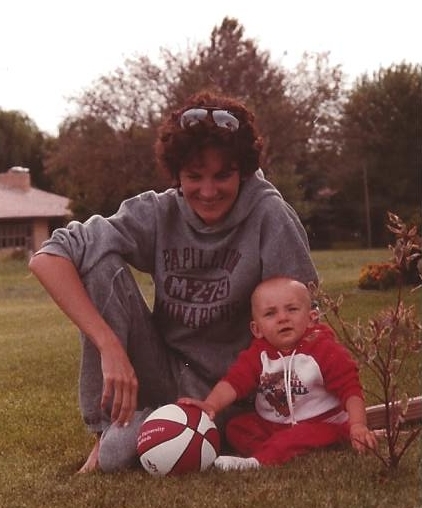
 Call me crazy, but I have always acted outside the box beginning in early childhood, when no one was going to tell me that I couldn’t throw a football, shoot a basket or run a mile. I was born with a feisty, can-do attitude that served me well in the face of naysayers.
Call me crazy, but I have always acted outside the box beginning in early childhood, when no one was going to tell me that I couldn’t throw a football, shoot a basket or run a mile. I was born with a feisty, can-do attitude that served me well in the face of naysayers. empty arenas.
empty arenas. Over the years, I witnessed their opportunities grow greater. I delighted in seeing my daughter and nieces play basketball, soccer, rugby, and run marathons. I took pride in watching my former athletes pursue careers as doctors, lawyers, counselors, and teachers.
Over the years, I witnessed their opportunities grow greater. I delighted in seeing my daughter and nieces play basketball, soccer, rugby, and run marathons. I took pride in watching my former athletes pursue careers as doctors, lawyers, counselors, and teachers. Williams. I was just a small town girl filled with my own brand of insanity.
Williams. I was just a small town girl filled with my own brand of insanity.
